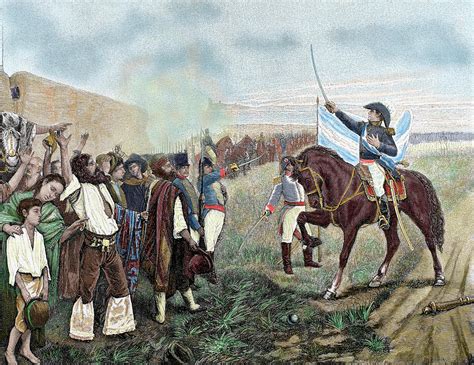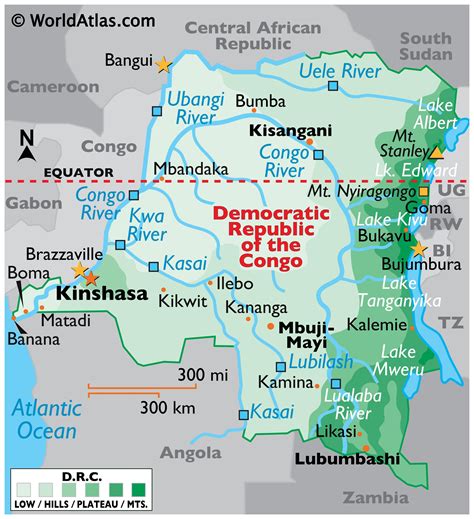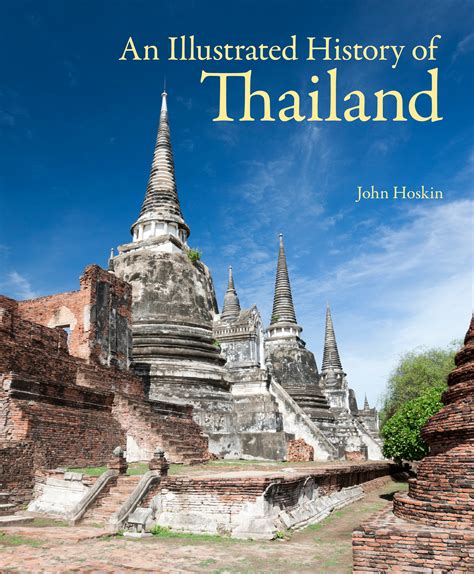Explore the rich history of Kazakhstan from early civilizations to modern times. Learn about Mongol invasions, Russian influence, Soviet era, and the country’s cultural and political landscape.
Early Civilizations in Kazakhstan
Contents
One of the most fascinating aspects of Kazakhstan’s history is the presence of early civilizations in the region. The vast steppe terrain of Kazakhstan has been home to various nomadic tribes and sedentary civilizations for thousands of years. Archaeological evidence suggests that the region of present-day Kazakhstan was inhabited by early Bronze Age societies such as the Botai culture, known for their domestication of horses. These early civilizations played a significant role in shaping the cultural and social landscape of Kazakhstan.
Furthermore, the presence of the Saka and Scythian tribes in Kazakhstan during the Iron Age left a lasting impact on the region. These nomadic warrior societies were known for their advanced metallurgy, intricate artwork, and skilled horsemanship. The legacy of these early civilizations can be seen in the art, customs, and traditions of modern-day Kazakhstan.
Moreover, the Silk Road, an ancient network of trade routes, passed through Kazakhstan and facilitated the exchange of goods, ideas, and cultures between the East and West. This interaction between different civilizations contributed to the rich tapestry of Kazakhstan’s history and influenced the development of the region.
The early civilizations in Kazakhstan laid the foundation for the diverse and vibrant culture that exists in the country today. From the ancient nomadic tribes to the sedentary societies, the history of Kazakhstan is a testament to the resilience and ingenuity of its people.
Mongol Invasions and Impact
Mongol invasions and their impact on Kazakhstan were one of the most significant events in the history of the region. During the 13th century, the Mongol Empire, under the leadership of Genghis Khan, launched a series of invasions that led to the conquest of vast territories, including Kazakhstan. The Mongol conquest brought about significant changes in the political, social, and cultural landscape of the region.
One of the most notable impacts of the Mongol invasions was the establishment of the Mongol rule in Kazakhstan. The Mongols imposed their authority over the local rulers and established a system of governance that lasted for several centuries. This period of Mongol rule had a lasting impact on the political structure of Kazakhstan, shaping the future trajectory of the region.
Furthermore, the Mongol invasions also brought about cultural changes in Kazakhstan. The Mongols introduced their customs, traditions, and way of life to the region, which had a lasting influence on the local culture. Additionally, the Mongol conquest also facilitated the exchange of ideas and technologies between different regions, contributing to the enrichment of the cultural heritage of Kazakhstan.
Moreover, the Mongol invasions had a profound impact on the economy of Kazakhstan. The Mongols established trade routes and facilitated the exchange of goods and commodities between different parts of the empire, including Kazakhstan. This led to the development of a flourishing trade network that contributed to the economic prosperity of the region.
In conclusion, the Mongol invasions and their impact on Kazakhstan were a transformative period in the history of the region. The establishment of Mongol rule, cultural exchanges, and economic developments shaped the future trajectory of Kazakhstan, leaving a lasting imprint on the political and cultural landscape of the region.
Kazakhstan Under Russian Empire
Kazakhstan Under Russian Empire
During the 19th century, Kazakhstan came under the control of the Russian Empire. This marked a significant turning point in the history of the region, as the Russian authorities sought to exert their influence and control over the territory. The Russian Empire’s expansion into Kazakhstan brought about major changes in the political, social, and economic landscape of the region.
One of the key impacts of Russian rule was the introduction of a new administrative system, which was designed to assert Russian authority over the local population. This involved the establishment of Russian-controlled settlements, the imposition of new laws and regulations, and the implementation of a system of governance that favored Russian interests.
At the same time, Russian rule also had a profound impact on the cultural and linguistic identity of Kazakhstan. As the Russian authorities sought to assimilate the local population into their own culture, the use of the Russian language was encouraged, and traditional Kazakh customs and practices came under pressure.
Furthermore, the Russian Empire’s policies towards the nomadic tribes of Kazakhstan led to significant changes in their way of life. The Russian authorities sought to settle the nomadic population and to transform them into sedentary farmers, in order to exert greater control over the region.
Soviet Era and Independence
The Soviet Era in Kazakhstan began in 1920, when the Bolsheviks took control of the region and established the Kazakh Soviet Socialist Republic. During this time, the Soviet government implemented policies that aimed to modernize the country through industrialization and collectivization. The Kazakh people experienced significant social and economic changes during this period, which included the forced resettlement of nomadic tribes and the establishment of collective farms.
However, the Soviet Era also brought about political repression and widespread human rights violations in Kazakhstan. The communist regime cracked down on dissent and opposition, leading to the imprisonment and execution of many Kazakh intellectuals and political dissidents. The forced Russification of the region also resulted in the suppression of Kazakh culture and language.
The Independence of Kazakhstan was declared in 1991, following the dissolution of the Soviet Union. This marked a significant turning point in the country’s history, as it sought to establish itself as a sovereign state with its own government and constitution. Kazakhstan’s first president, Nursultan Nazarbayev, played a key role in steering the country towards independence and overseeing its transition to a market-based economy.
Since gaining independence, Kazakhstan has faced a number of challenges, including economic restructuring, political reforms, and nation-building efforts. The country has sought to forge its own identity while maintaining diplomatic relations with neighboring countries and the international community. Kazakhstan’s rich cultural heritage and diverse population have contributed to its unique position in Central Asia, and the country continues to play a significant role in regional and global affairs.
Modern Political and Cultural Landscape
The modern political and cultural landscape of Kazakhstan is shaped by its diverse history and the influence of various geopolitical factors. Since gaining independence from the Soviet Union in 1991, Kazakhstan has worked to establish itself as a sovereign nation on the world stage. The country has navigated the challenges of transitioning from a socialist republic to a democratic state, and has grappled with issues such as political reform, human rights, and corruption.
In terms of cultural landscape, Kazakhstan is home to a rich tapestry of ethnicities, languages, and traditions. The Kazakh people, who make up the majority of the population, have a deep-rooted nomadic heritage that is reflected in their customs, music, and cuisine. Additionally, the country has significant Russian and Uzbek populations, contributing to its multicultural identity. The government has made efforts to promote national unity and preserve the cultural heritage of all its ethnic groups.
The political landscape of Kazakhstan is characterized by the dominance of the Nur Otan party, led by President Nursultan Nazarbayev. While the country has made strides towards political pluralism, there are concerns about restrictions on freedom of speech and assembly. The government has also been criticized for alleged human rights abuses, particularly in relation to political dissent and religious freedom.
Internationally, Kazakhstan has pursued a policy of multilateral diplomacy, seeking partnerships with various global powers while also playing a role in regional security and cooperation. The country’s rich energy resources and strategic location have made it an important player in Central Asian geopolitics, with influence extending to neighboring countries and beyond.













